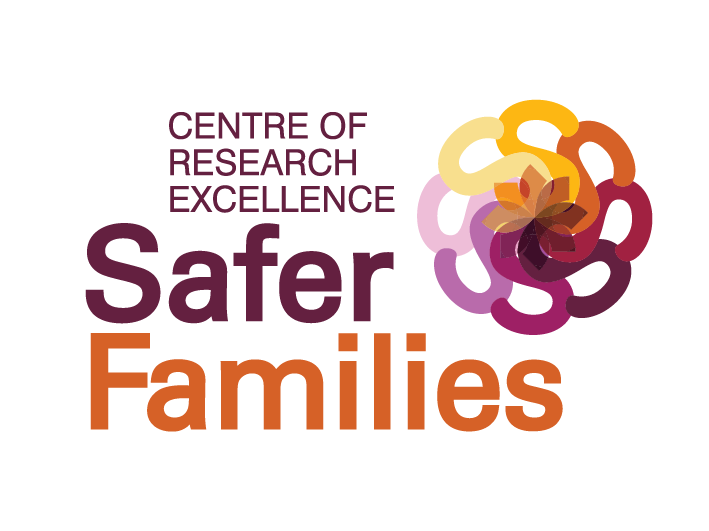MAEVe - Why research violence against women and their children?
Violence against women is a worldwide problem that is serious, pervasive and preventable. Globally, approximately one in three (35%) women have experienced either physical and/or sexual intimate partner violence or non-partner sexual violence in their lifetime. In Australia, at least one woman is killed every week by a current or former partner, and one in four women have experienced violence by an intimate partner.
The patterns, dynamics and circumstances in which violence occurs are gendered. Research shows that violence against women is driven by gender inequality. Men are more likely to perpetrate violence than women: this is reflected in statistics that confirm that both women and men are three times more likely to be physically assaulted by a man. Men are also victims of violence, but they are more likely to experience violence from a stranger rather than someone close them, and in public rather than in the home (ANROWS 2015).
Family violence, moreover, is not merely physical, but extends to a range of other behaviour, including sexual, emotional, psychological and economically abusive, threatening, dominating, coercive and controlling tactics. Family violence is commonly understood as the employment of a range of such tactics designed to give the perpetrator power and control over their victims.
Gender-based violence not only affects women, but their children as well. The Family Violence Protection Act 2008 is clear that "behaviour that causes a child to hear, witness or otherwise be exposed to the effects of" family violence itself constitutes family violence. Alarmingly, over half a million women reported that their children had seen or heard partner violence, and over 400,000 women experienced partner violence during pregnancy.
Research also tells us that intersecting factors influence one's experience of family violence, including its prevalence, dynamics and pathways to safety. For example:
Aboriginal and Torres Strait Islander women are more than 35 times more likely to be hospitalised by family violence than other women.
Women and girls with disabilities are more likely to experience family violence.
Immigrant and refugee women face additional barriers to safety, including language barriers, isolation, fear of police and courts, immigration risks and more (ANROWS 2016).
Lesbian and gay people experience family violence at similar rates to heterosexual women, while trans and intersex people experience even higher rates of intimate partner violence (O'Halloran 2015).
No-one should have to experience violence. MAEVe believes that research has a unique role to play in finding solutions to this complex problem. MAEVe seeks to harness the University of Melbourne’s research capacity, in collaboration with a broad range of external partners, to ameliorate this global problem. Only by working together can we create a violence-free future.



